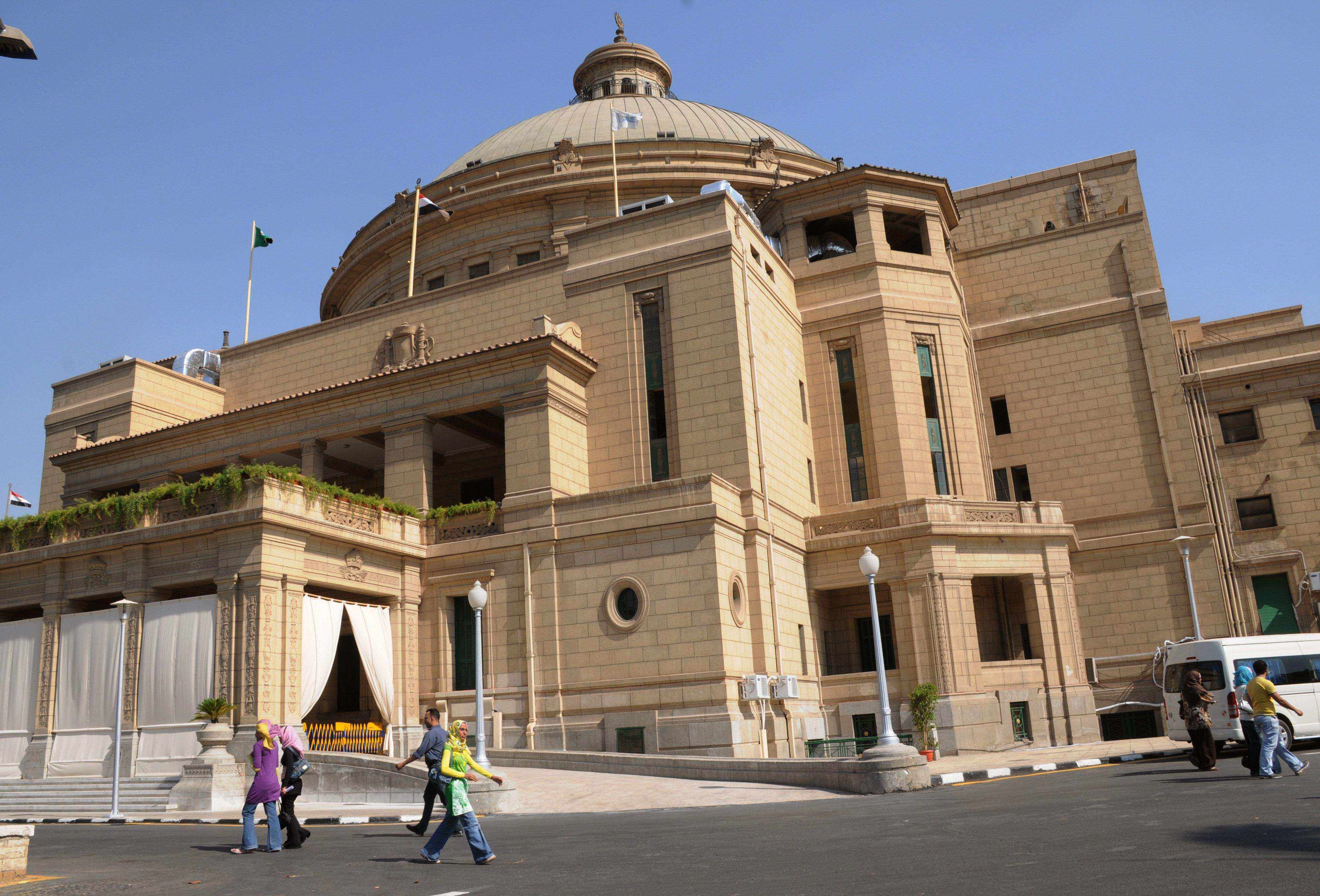WASHINGTON: He has pushed and cajoled in grand statements and closed-door meetings, but President Barack Obama – a newly-minted Nobel Peace Prize winner – is finding Middle East peace remains elusive.
He went almost nowhere so far, according to Nathan Brown, a political science professor at George Washington University, who nonetheless hopes Obama will continue to work towards a comprehensive Israeli-Palestinian peace deal.
Since taking office, Obama has made the Israeli-Palestinian conflict one of his top international priorities, in part because his administration sees a resolution to the long-running dispute as key to engaging with the Muslim world.
One of Obama s first steps was to name a senior envoy, former senator George Mitchell, who has since shuttled back and forth between Israel, the Palestinians and Arab countries, trying desperately to restart talks.
But 10 months on, the situation remains deadlocked.
On the Israeli side, the government Prime Minister Benjamin Netanyahu has refused the complete settlement construction freeze that the US administration has publicly backed.
And the Palestinians remain profoundly divided, with President Mahmoud Abbas Fatah party clinging to control in the West Bank, while militant group Hamas runs the Gaza Strip.
Obama s administration has already lost some credibility with the Palestinians, having failed to force the Israeli side to make any real concessions.
There is still some residual confidence in the Arab world, but the Palestinians think Abbas put all his eggs in the American basket and doesn t have anything to show for it, Brown said.
But despite the obstacles, among which is the fact that dialogue between the two sides has been on hold since the beginning of 2009, the administration has pledged to continue seeking a final-status agreement – a promise repeated by Obama s national security advisor General Jim Jones this week.
As Mitchell and Secretary of State Hillary Clinton prepare to present a report week on the situation to the White House this week, former president Jimmy Carter s national security advisor, Zbigniew Brzezinski, urged Obama not to give up.
The two sides seem unable to make peace on their own, he told Time magazine. I think it would make a lot of sense for the president to announce what he thinks a Middle East peace plan should look like.
If the president announced such a plan, he would probably receive the support of almost every country in the world, including most of the Arab states. This would put enormous pressure on the Israelis and Palestinians to make peace, Brzezinski added.
Henri Barkey, a visiting scholar at the Carnegie Endowment for International Peace, suggested Obama could use the December ceremony in Oslo where he will receive his Nobel prize to launch a dramatic initiative for peace in the region.
Brown was doubtful about any such grand gesture.
They have a peace process that has been going on for 15 years, so grand steps, Nobel prizes, this doesn t mean anything to them anymore, he said.
Instead, he noted, the administration should stand by its policy, pushing for a final status agreement, but adjust its tactics to the fact that such an accord will not come quickly.
The United States could change focus and concentrate on short-term goals, Brown predicted, and may simply resign itself to working alongside Egypt to seek Palestinian reconciliation.


